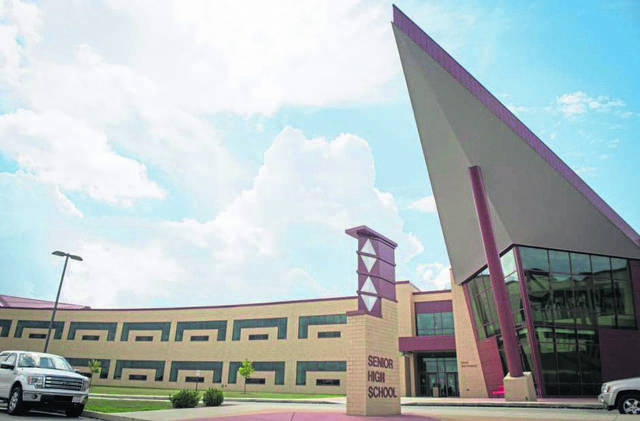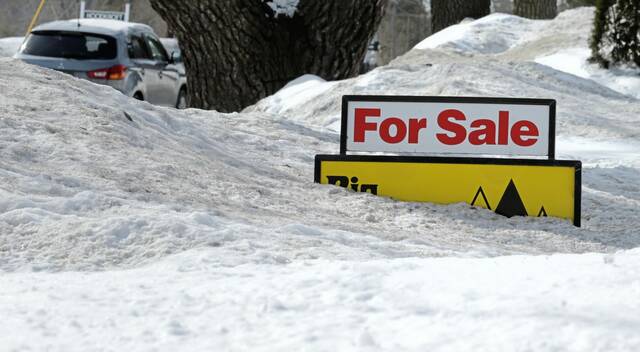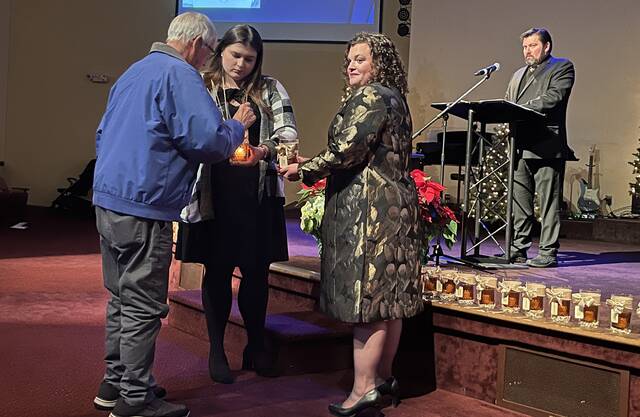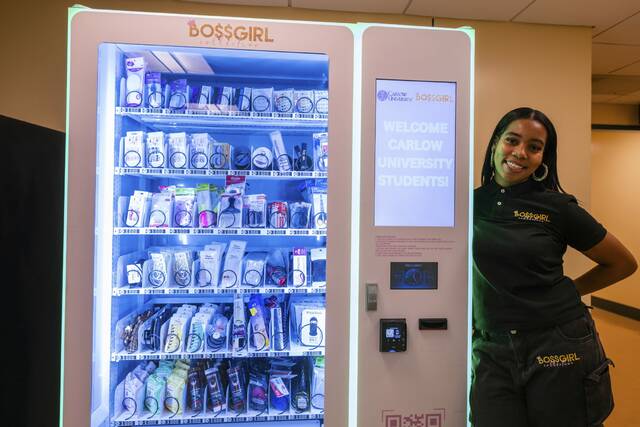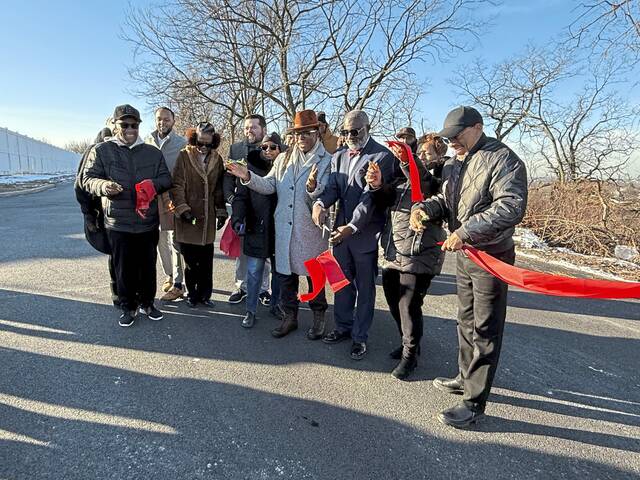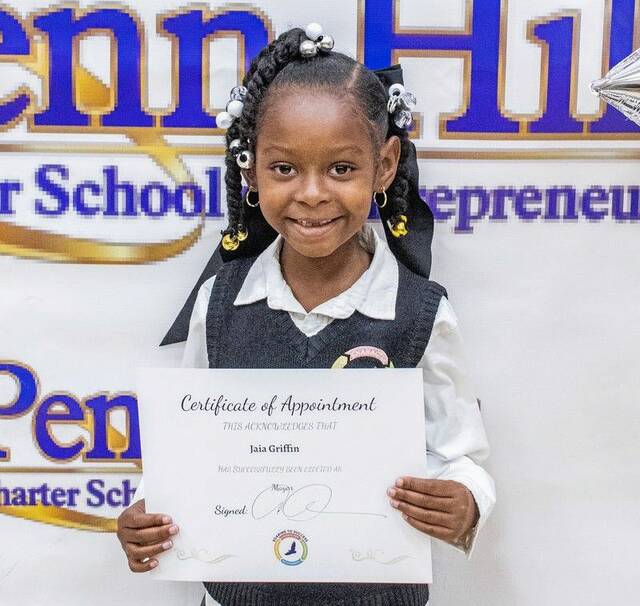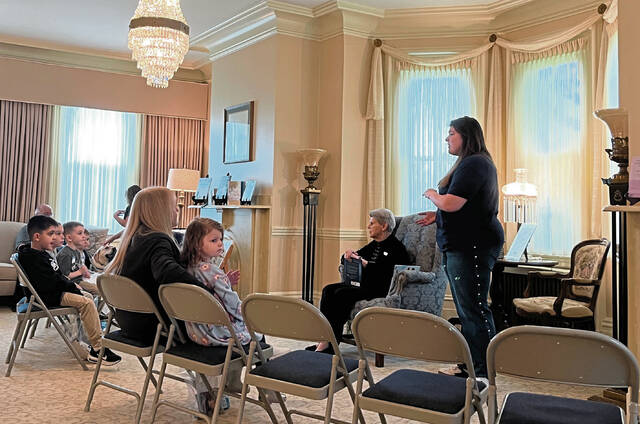Penn Hills School District administration said it has embraced a new state system aimed at providing schools with a 24-hour anonymous tip line to report something suspicious online or offer support to those who pose threats to themselves.
Since its launch in January, the state Attorney General Office’s Safe2Say Something program fielded nearly 23,500 tips from across the state, according to a report produced by state Attorney General Josh Shapiro with numbers from January to June.
The majority of the tips came via the program’s mobile app, followed by tips left on its website and some calls.
In Allegheny County, there were 1,940 calls, the highest concentration of calls statewide. Here’s how they stacked up:
• Bullying and cyber bullying: 327
• Drug use, distribution and possession: 170
• Cutting and self harm: 158
• Suicide and suicide ideation: 154
• Depression and anxiety: 136
• Inappropriate language, behavior and gestures: 100
• Smoking (tobacco, E-cigarettes or vaping) in school: 85
• Threat against school: 66
• Threat against person: 55
• General harassment: 54
Penn Hills Superintendent Nancy Hines said the District Response Team responded to 19 calls, two of which involved following up with Safe2Say operators.
Hines declined to offer the categories of the 19 calls and specifics from the two that led to further telephone interfacing with Safe2Say operators.
“However, I will say that more serious concerns involve a direct phone call from the Safe2Say operator team,” Hines said in an email.
Hines said administrators kicked it into high gear when they were initially notified of the program and requirements all schools needed to make.
“We immediately put together a District Response Team that includes me and four other central office administrators who are on call 24/7 to handle incoming alerts,” she said, adding she spoke with police Chief Howard Burton to ensure everyone was ready for the program’s launch.
Hines said she and administrators were fearful of the incoming responsibility of fielding calls by educational professionals who do not have “targeted mental health training” and that they “would not be equipped to offer meaningful interventions or even engage in direct communications with individuals in crisis.”
But she said those fears went away when Safe2Say launched because operators from the team in Harrisburg screened all the messages received.
“Our District Response Team has only been called upon to help confirm the enrollment of a student who may be at risk and/or to direct building-level administrators to explore concerns that a student may be struggling in the school and/or home setting,” Hines said.
She said she is proud of the district’s team and looks forward to the program’s first full year in operation.
The program was started in January by state Sens. Vincent Hughes, D-Philadelphia/Montgomery, and Pat Brown, R-Lehigh, along with the Sandy Hook Promise, a nonprofit aimed at protecting children from gun violence after 26 people were killed at the Connecticut school in 2012. Safe2Say Something allows students, parents and teachers to post concerns. It also teaches them how to spot warning signs for potential dangers.
Tips can be anonymously submitted by calling 844-723-2729, on safe2saypa.org/tip or through its mobile app.
After a tip is submitted, it is sent to a call center in Harrisburg, which receives calls and emails 24 hours a day, seven days a week, and assesses it for viability and legitimacy.
From there, it is referred to the appropriate school district or police department for action. So far, the tips have not led to any charges being filed and the center fielded 1,300 prank tips statewide.
So far, the program has cost the state around $743,000.


